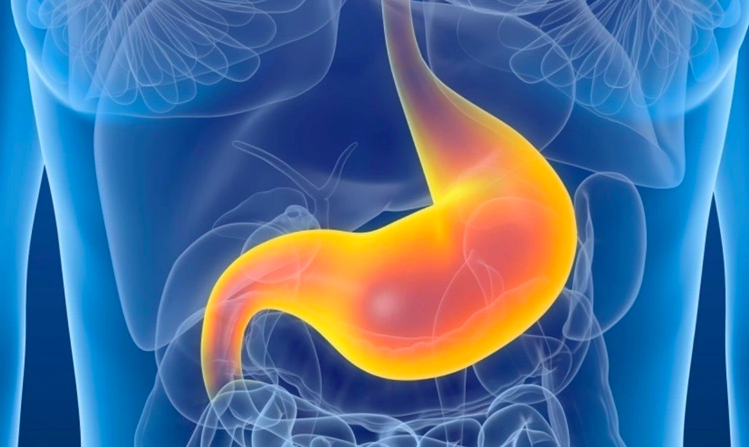Peptic ulcers are a common gastrointestinal condition. They can cause digestive and absorption disorders and even lead to serious complications like bleeding, perforation, or pyloric stenosis.
According to Dr. Can Thi Thu Hang from Bach Mai Hospital, peptic ulcers affect about 4 million people worldwide each year. An estimated 5-10% of the population will experience this condition during their lifetime. Risk factors include smoking, alcohol consumption, poor diet, stress, bacteria, and viruses.
Common symptoms include pain and burning in the upper abdomen, bloating, heartburn, nausea, loss of appetite, fear of eating, and weight loss. The biggest challenge is ensuring adequate nutrition while supporting healing and rapid recovery.
A balanced diet with sufficient energy and nutrients is crucial, especially vitamins (B12, A, D, and K) and minerals (folic acid, calcium, Fe, Zn, and Mg).
A key nutritional principle is a high-fiber diet, which helps reduce bile acid concentration in the stomach and shortens intestinal transit time, thus relieving bloating, discomfort, and pain.
 |
Illustration of a peptic ulcer. Photo: Adobe |
Recommended foods include: starches (well-cooked rice, bread, porridge, and root vegetables), prioritizing bland and easily digestible options; proteins (lean pork and fish) that should be boiled, steamed, or stewed for easy absorption; a variety of vegetables, especially tender ones and those in the cabbage family (cabbage, turnips, and leafy greens) as they are rich in vitamins that aid ulcer healing; and fats from vegetable oils such as sunflower, sesame, rapeseed, and soybean oil.
Conversely, patients should limit processed meats (ham, sausage, and hot dogs); tough or hard foods (sinewy meats, cartilage, high-fiber vegetables, and unripe fruits); spices and fermented foods (vinegar, garlic, pepper, chili, pickled vegetables, and pickled onions); sour or astringent fruits (tamarind, dracontomelon, Spondias, bilimbi, plums, green mangoes, green guavas, and green bananas); carbonated drinks, tea, and strong coffee. Alcohol and tobacco should be strictly avoided.
When preparing and consuming food, ensure it is cooked until soft for easy digestion and absorption. Eat it immediately after cooking at a temperature of 40-50 degrees Celsius to avoid irritating the stomach. Divide meals into 4-6 smaller portions per day, avoiding overeating or prolonged periods without food.
Maintaining a healthy lifestyle, managing stress, following a regular eating and sleeping schedule, and engaging in appropriate physical activity also contribute significantly to the recovery process.
Le Nga












